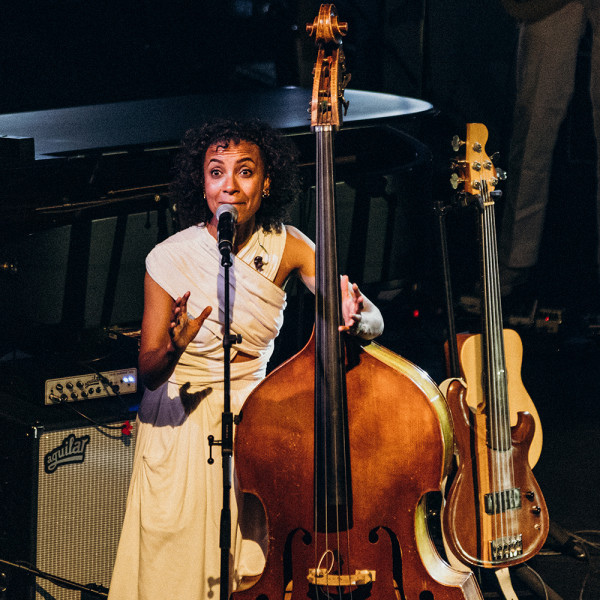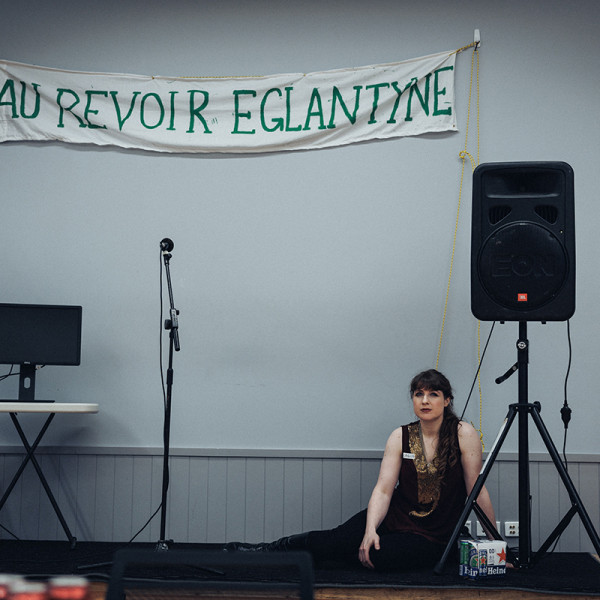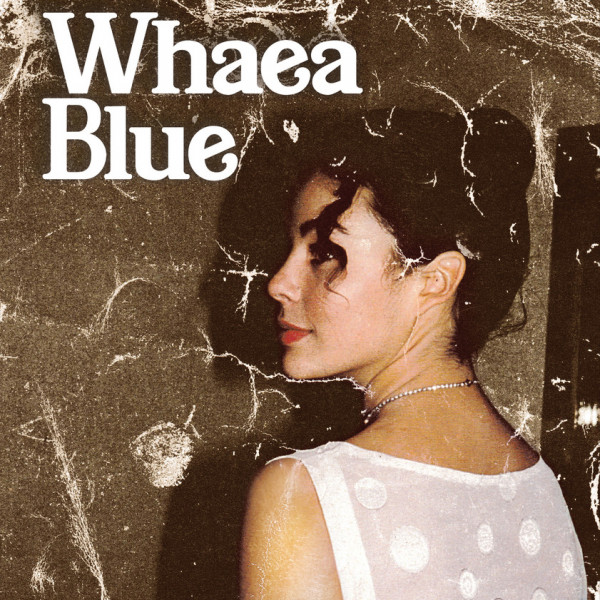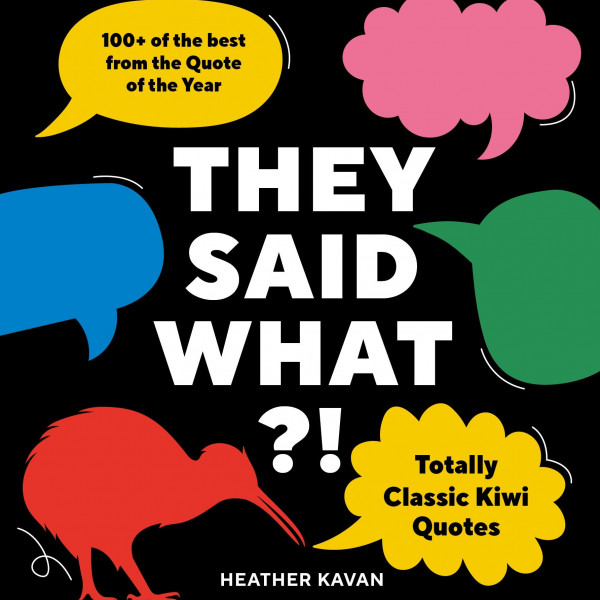
The Outrun is a difficult watch, but that’s not to say it shouldn’t be seen. Painful, searing, infuriating, and at times nauseating, this story of addiction and mental illness is hopeful and beautiful all the same.
Based on Amy Liptrot’s 2017 memoir and directed by Nora Fingscheidt, The Outrun stars Saoirse Ronan as Rona, a girl who finds herself in the wake of destruction as she shakily treads the path towards sobriety. After hitting rock bottom in London, Rona finds herself back home on the Orkney Islands, a landscape as desolate, stark, and tumultuous as her own soul. Here, she comes face to face with her demons and contends with her religious mother Annie (Saskia Reeves) and her bipolar father (Stephen Dillane), so deeper she retreats to the more remote island of Papay.
The fragmented story is stitched together by brilliant editing work from Stephan Bechinger, who uses crashing cuts to break from recovery to relapse as shots of nature bleed into EDM-fuelled rampages. Cleverly, Fingscheidt uses hair dye to delineate time as well. Ronan’s performance is nuanced and at odds with itself, both deliberate and shaky, fierce and afraid, delicate and a force of nature.
Despite the quick editing and Yunus Roy Imer’s striking cinematography, the lack of driving narrative makes the story slow and tedious in the middle. Only Ronan’s acting and natural screen presence carries us through. We fear the worst as events merely happen, often flatly, the truth laid bare. Nothing is sacred or damned, it just is.
Juxtaposing scientific explanations for natural phenomena with folklore, Rona draws a parallel to memory. In this story, both memory and folklore act as impressions of reality. During her journey, natural chaos replaces her inner turmoil, trauma, and need to create chaos of her own. As she seeks control, she is ever fighting the impulse to destroy. She finds comfort in nature – the ebb and flow of the tide, the harshness of its elements – as she wades in the glacial north Atlantic and raging through winter storms. In this poetic tale, Rona becomes a conductor for the natural world around her, learning to make sense of her memories, her reality.





















